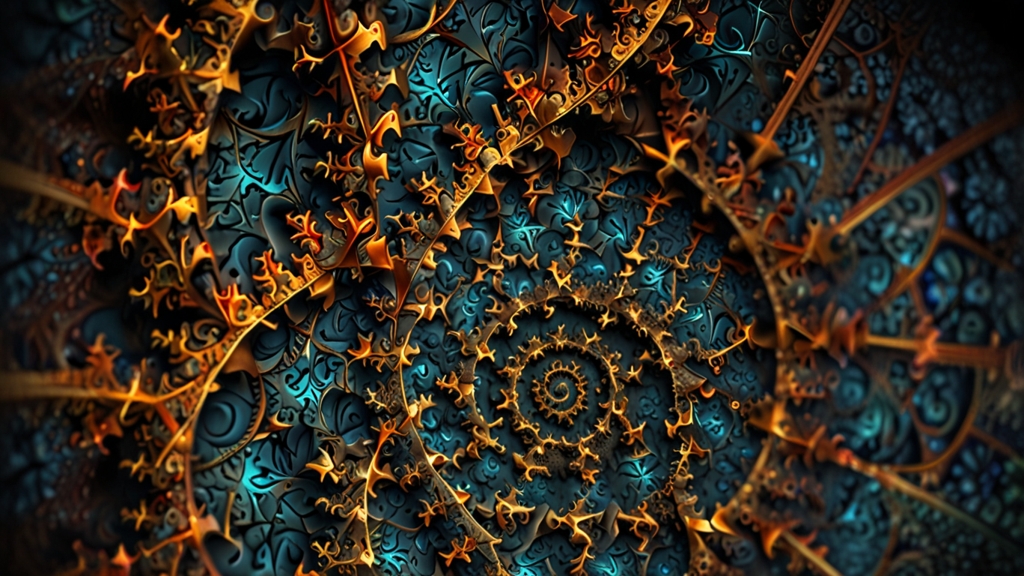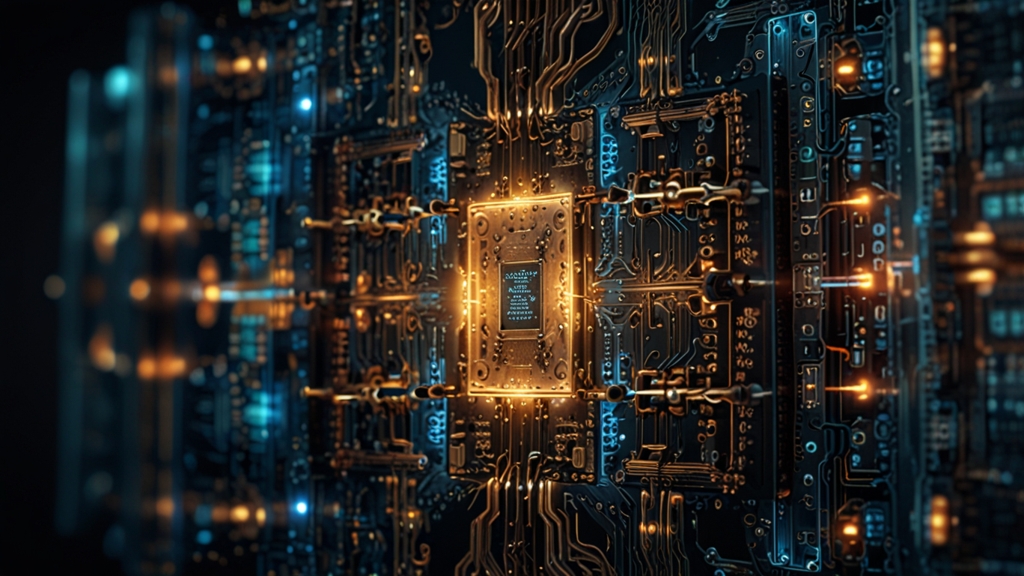The Ethics of Technology: Are We Playing God?
As technology continues to advance at a breathtaking pace, it prompts a slew of ethical questions. One of the most profound among them is: Are we playing God? The notion suggests that humanity is overstepping natural boundaries by altering life and the world in unprecedented ways. This question has permeated discussions around artificial intelligence, genetic engineering, and even space exploration. As we navigate through these advancements, it's essential to examine the ethical implications behind our technological innovations.
Artificial Intelligence and Autonomous Systems
Artificial intelligence (AI) and autonomous systems have already begun to transform industries, from healthcare to transportation. However, the ethical considerations surrounding AI are significant. One major concern is the potential loss of jobs due to automation. While AI can perform tasks more efficiently, it raises questions about economic disparity and the quality of life for displaced workers.
“The real question is not whether machines think but whether men do.” – B.F. Skinner
Beyond employment worries, there's the fear of creating entities that could surpass human intelligence. Issues of control, decision-making, and ethical standards bubble to the surface when pondering an autonomous AI that could, theoretically, make choices impacting lives on a massive scale. Are we prepared to entrust machines with such responsibilities? Are we, in essence, playing God by creating and releasing these omnipotent beings into the world?
Genetic Engineering: The Promise and Peril
Genetic engineering offers the possibility of eradicating hereditary diseases and improving human capabilities, but it also opens Pandora's box of ethical dilemmas. The advent of CRISPR-Cas9 and other gene-editing technologies allows scientists to manipulate the genetic makeup of organisms, including humans. This power raises crucial questions about the moral limits of scientific intervention.
“With great power comes great responsibility.” – Voltaire
The potential for "designer babies" who have been genetically modified for preferred traits is a controversial topic. While the idea of eliminating genetic disorders is appealing, the prospect of enhancing physical appearance, intelligence, or even lifespan touches on deep ethical issues. Are we trying to create a utopia, and at what cost? When does the quest for perfection turn into a dangerous path of eugenics?
Space Exploration: The Final Frontier or Ethical Minefield?
Space exploration has fascinated humanity for decades, and as technology brings the possibility of colonizing other planets closer to reality, it's time to ponder the ethical implications. Venturing into space could ensure the survival of the human race in the event of a catastrophic event on Earth, but it also raises questions about planetary protection and the treatment of potential extraterrestrial life.
The idea of terraforming Mars or other planets to make them habitable presents a significant ethical dilemma. Should we prioritize pushing the boundaries of human existence, or should we focus on solving the critical issues plaguing our home planet? Moreover, the potential discovery of microbial life on other planets makes us question the moral implications of disturbing another ecosystem.
Conclusion: A Balancing Act
The ethical considerations of advancing technology are as complex as the technologies themselves. While the potential benefits are enormous, the risks and moral questions cannot be ignored. Policymakers, scientists, and society at large must engage in rigorous ethical discussions to ensure that our technological pursuits do not lead to unintended and potentially disastrous consequences.
As we stand on the brink of unprecedented technological advancements, it's crucial to remember that with great power comes great responsibility. Our quest for progress should not come at the expense of ethical considerations. Whether or not we are playing God, we must strive to act wisely and conscientiously, always considering the broader impact of our innovations on humanity and the world.











